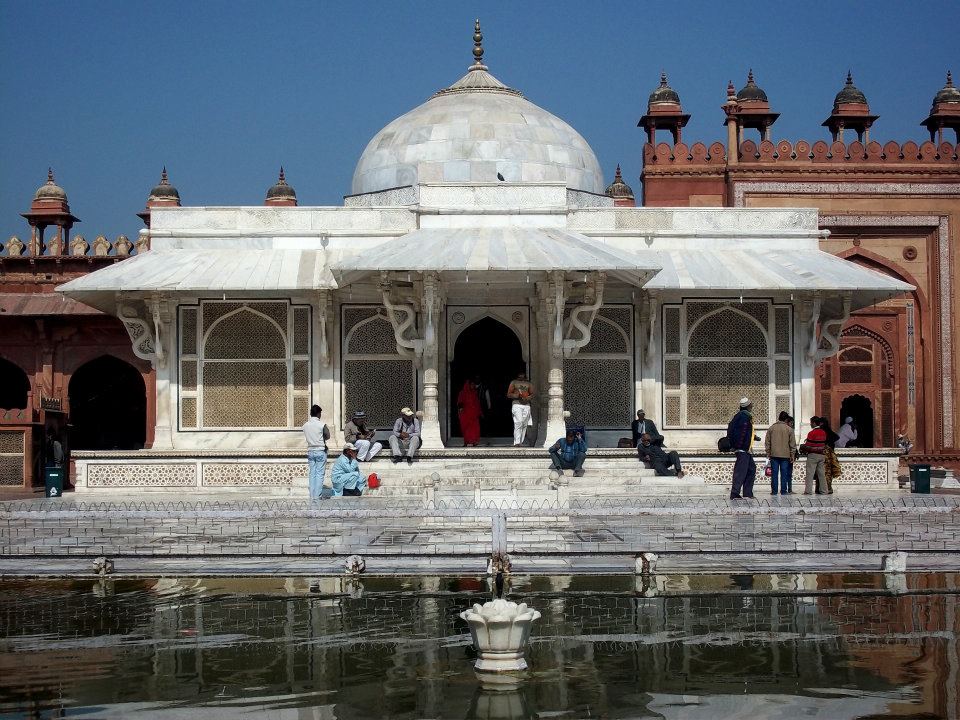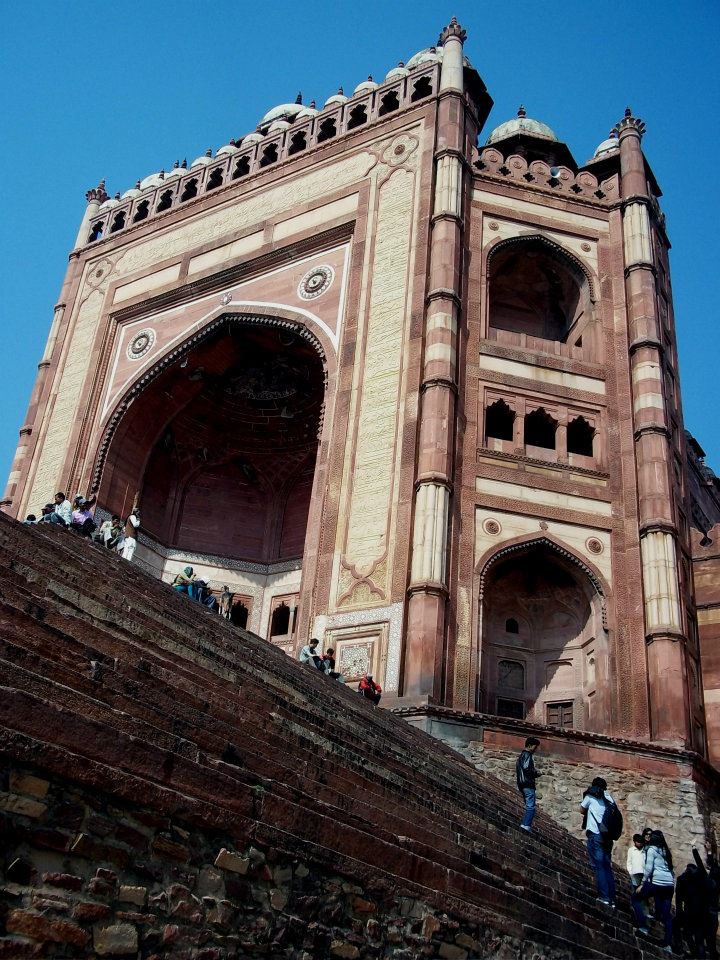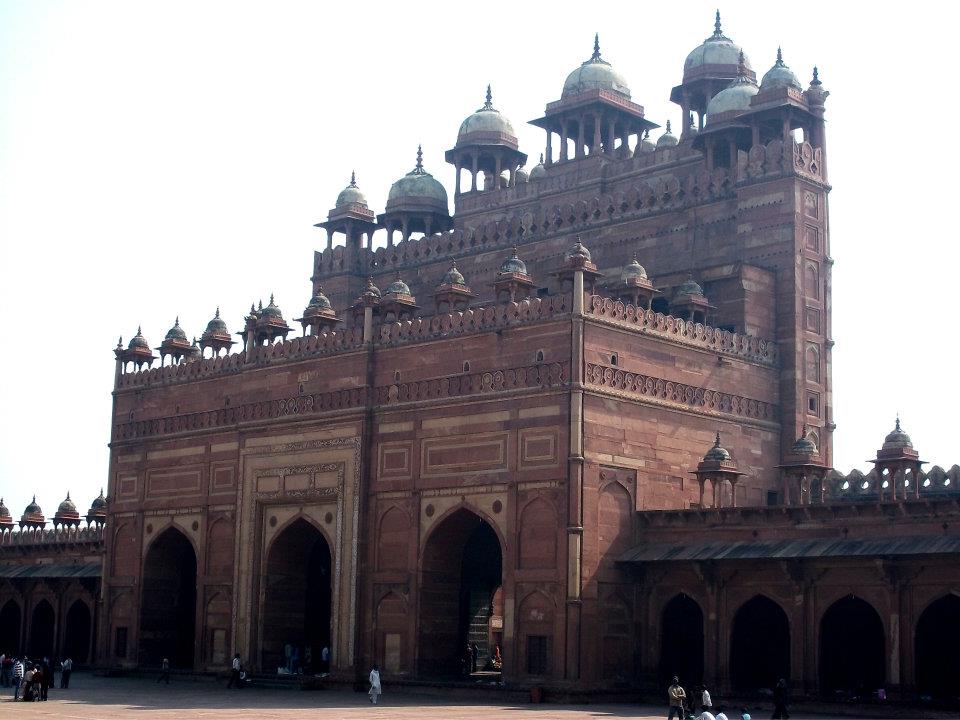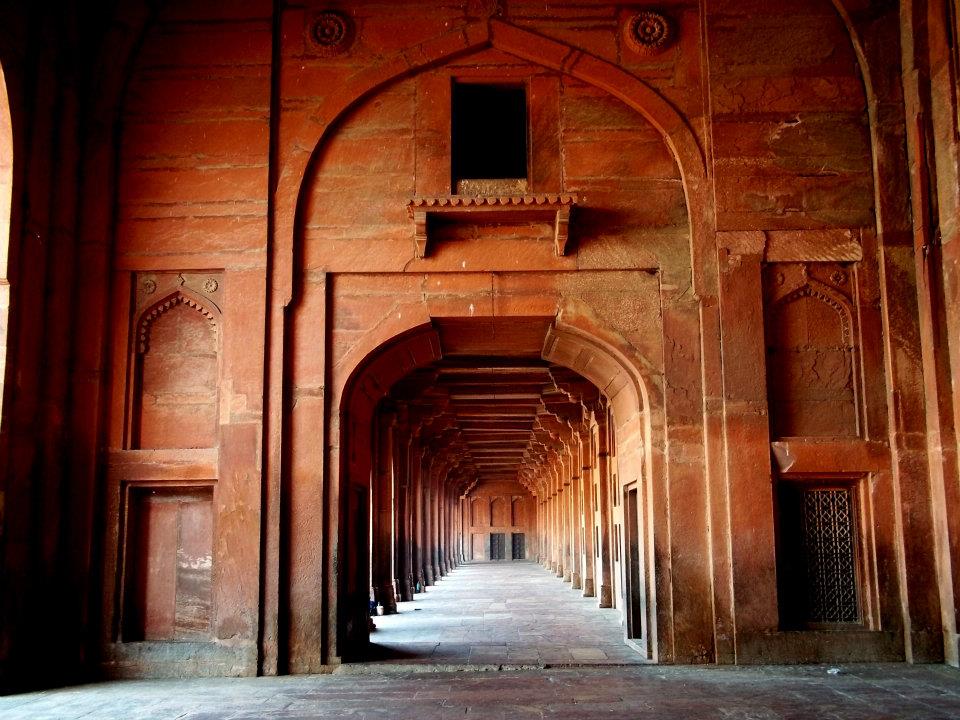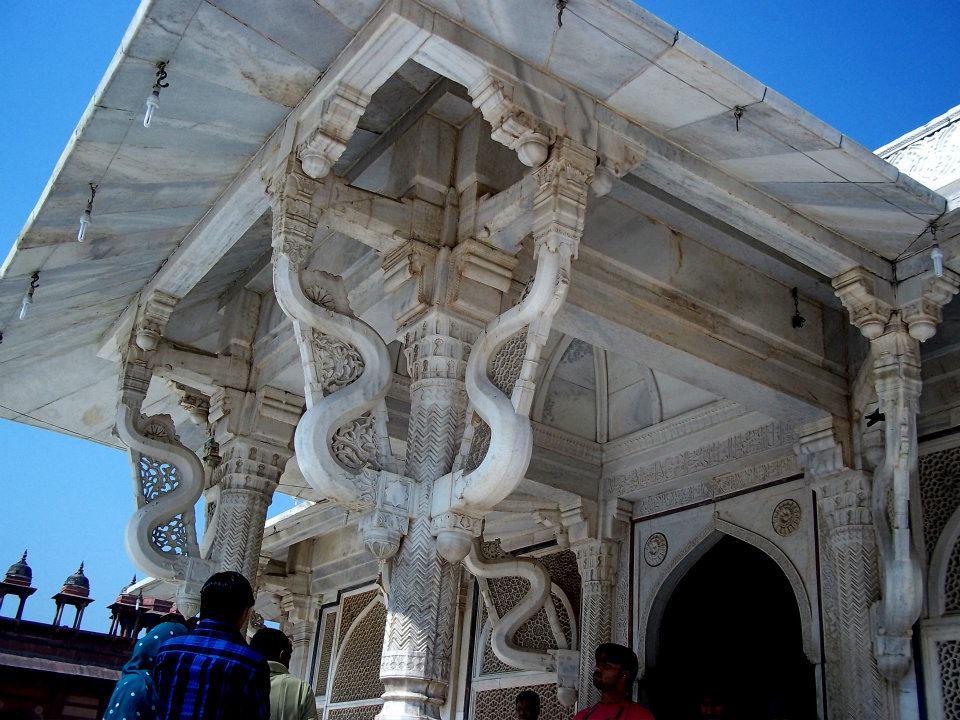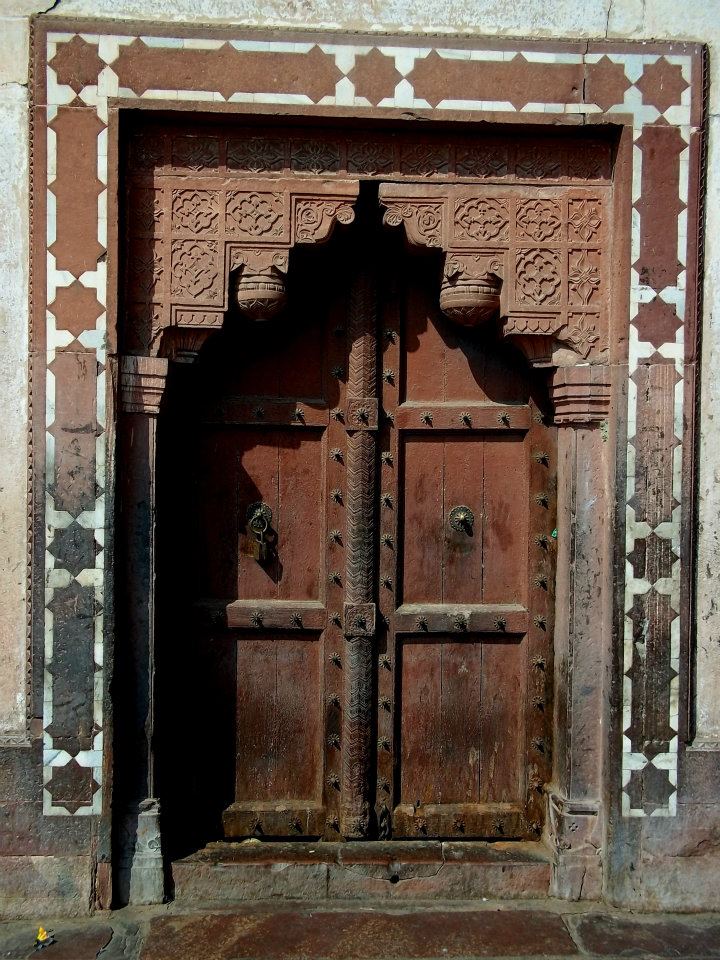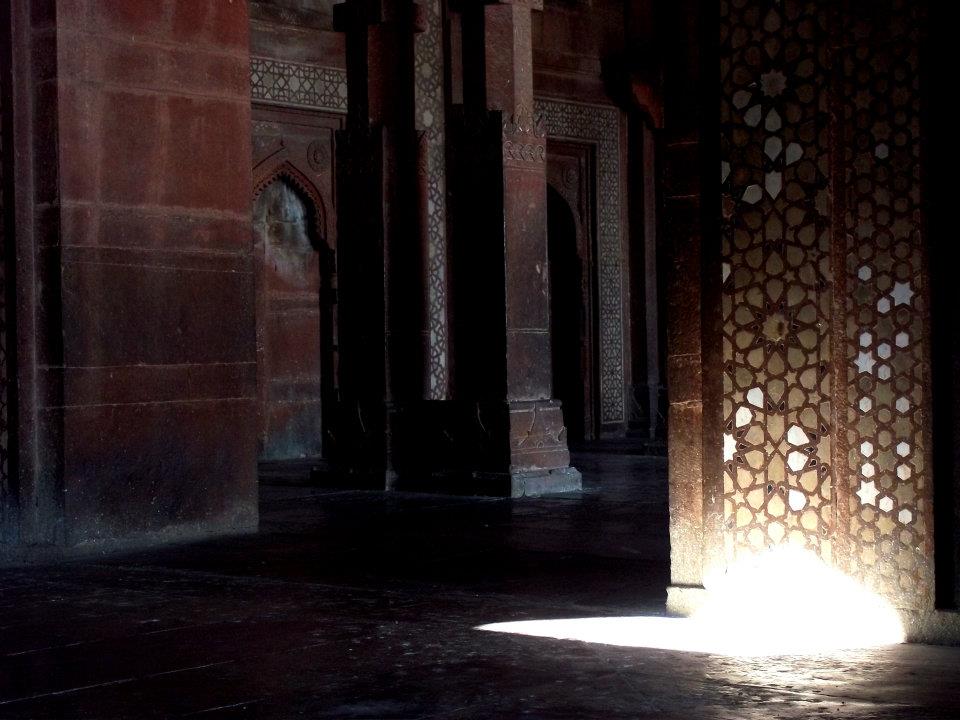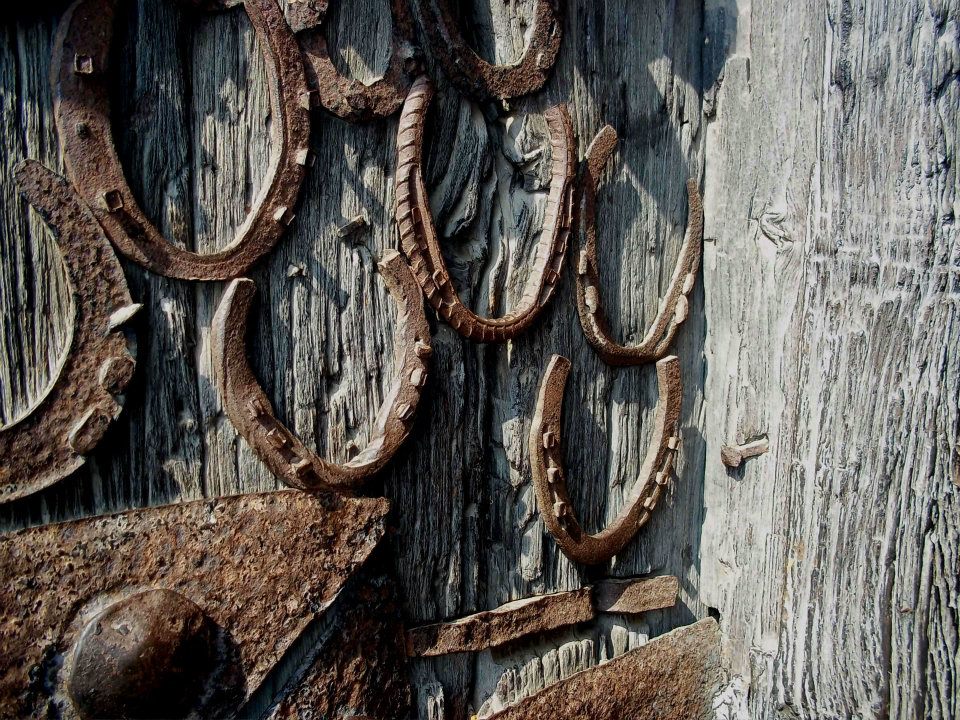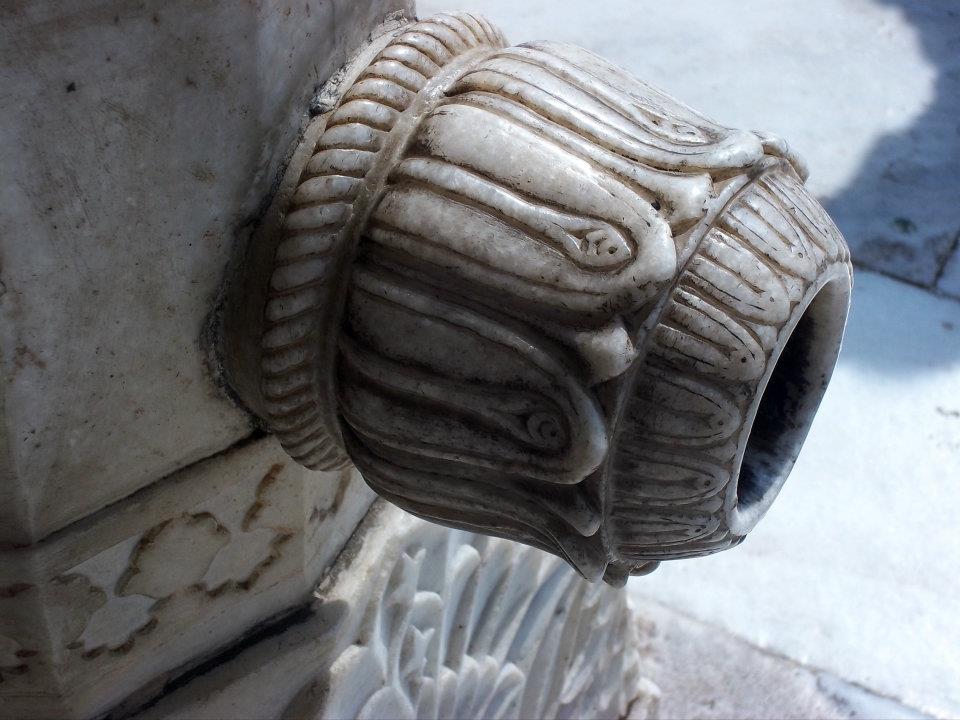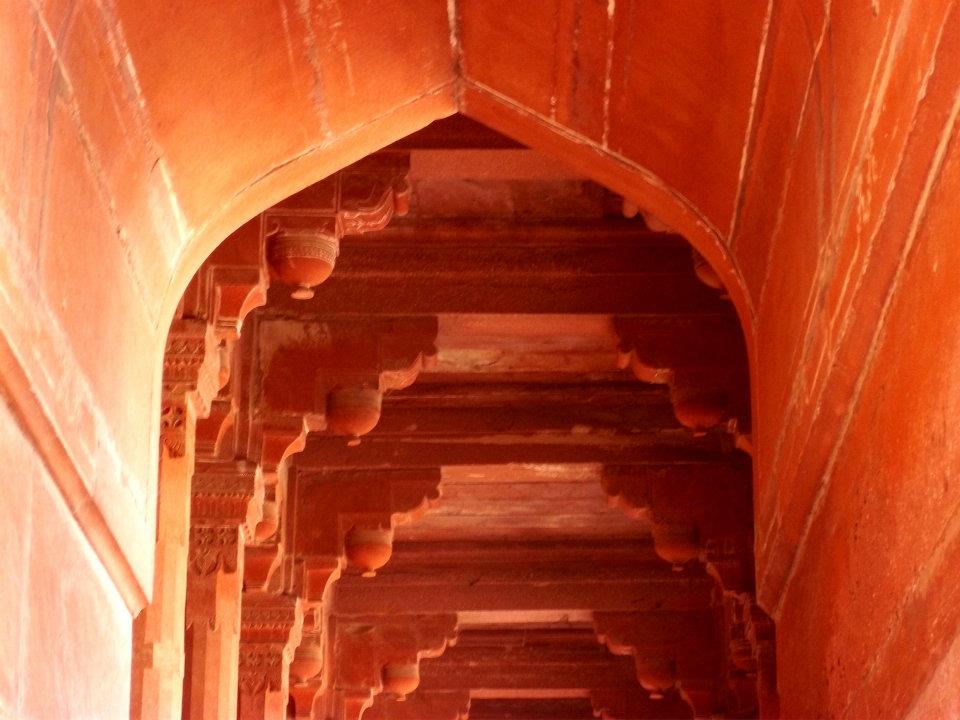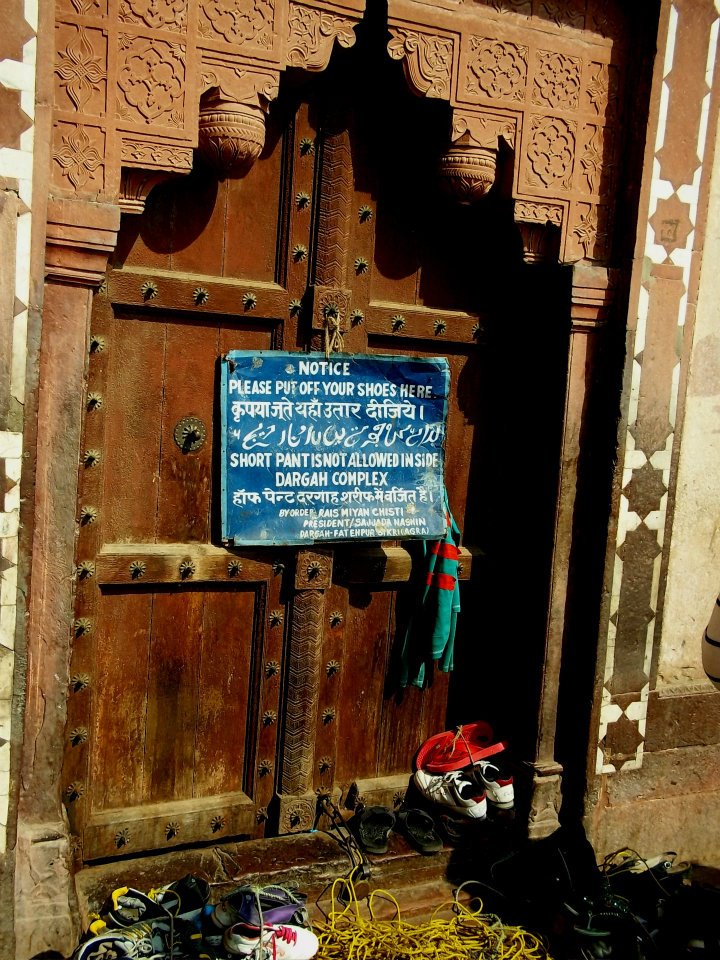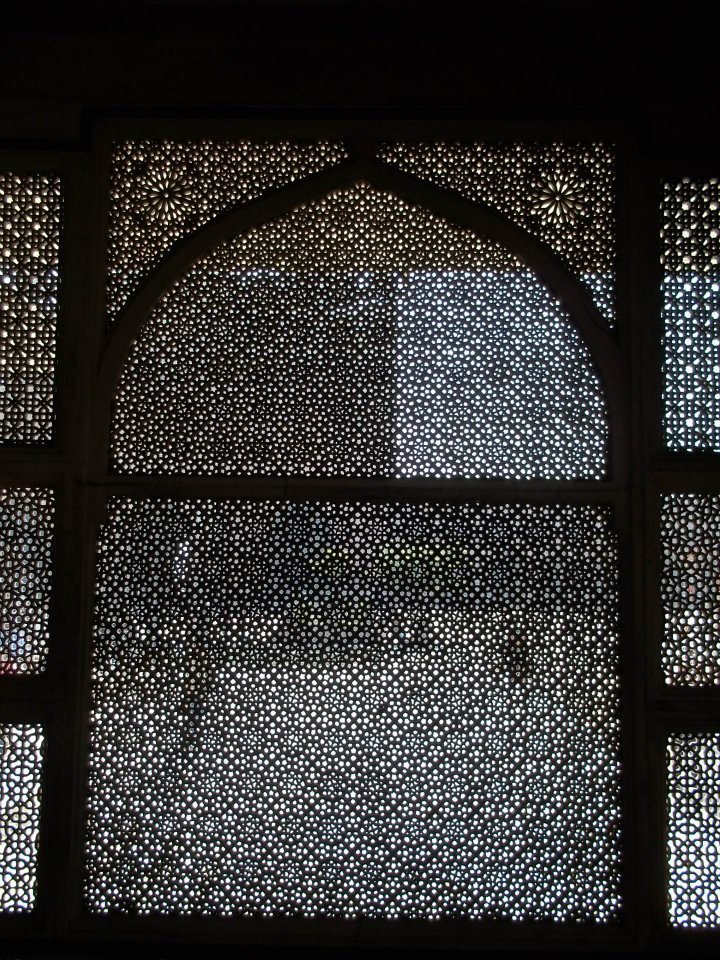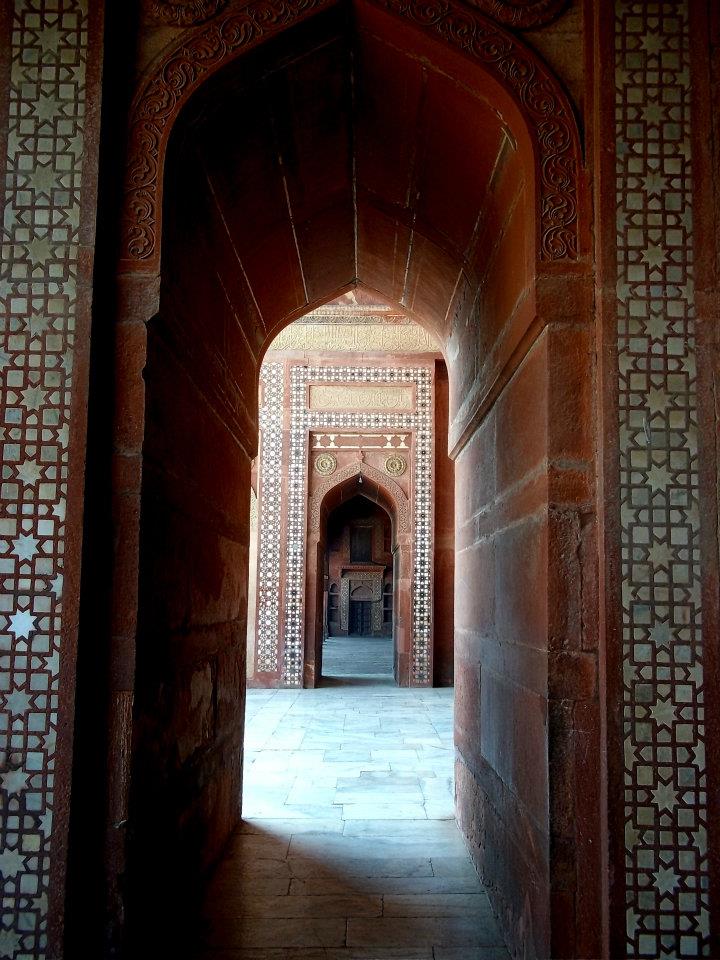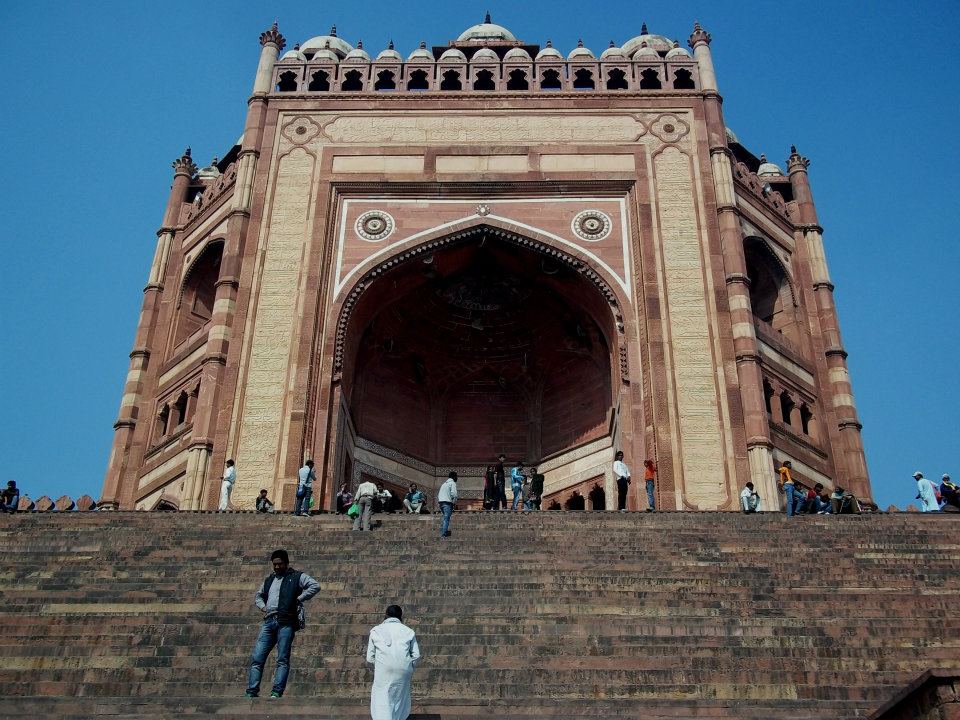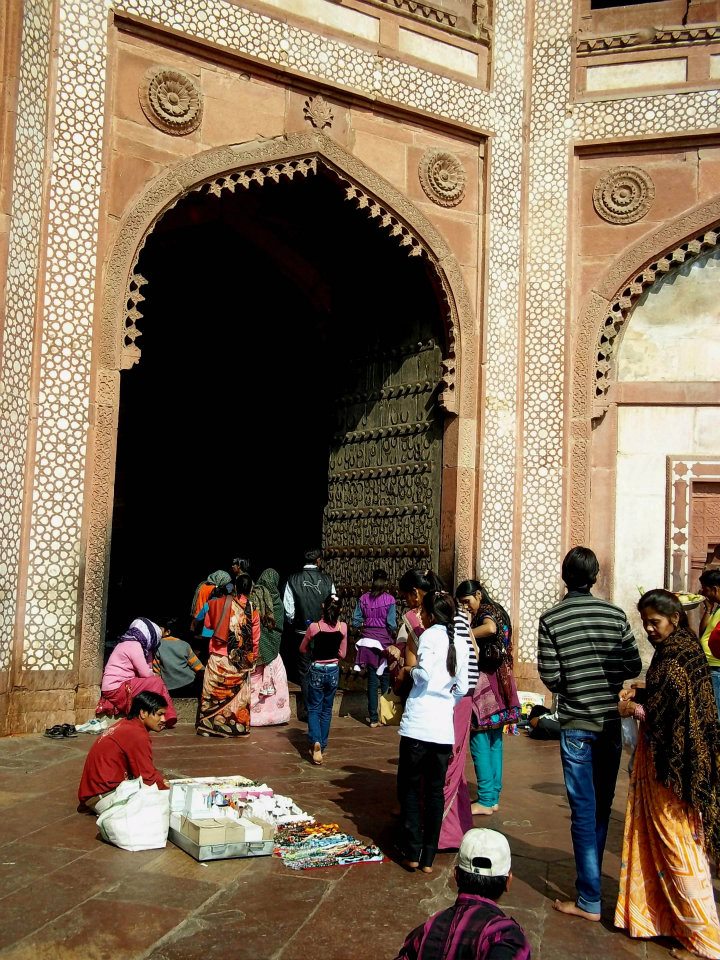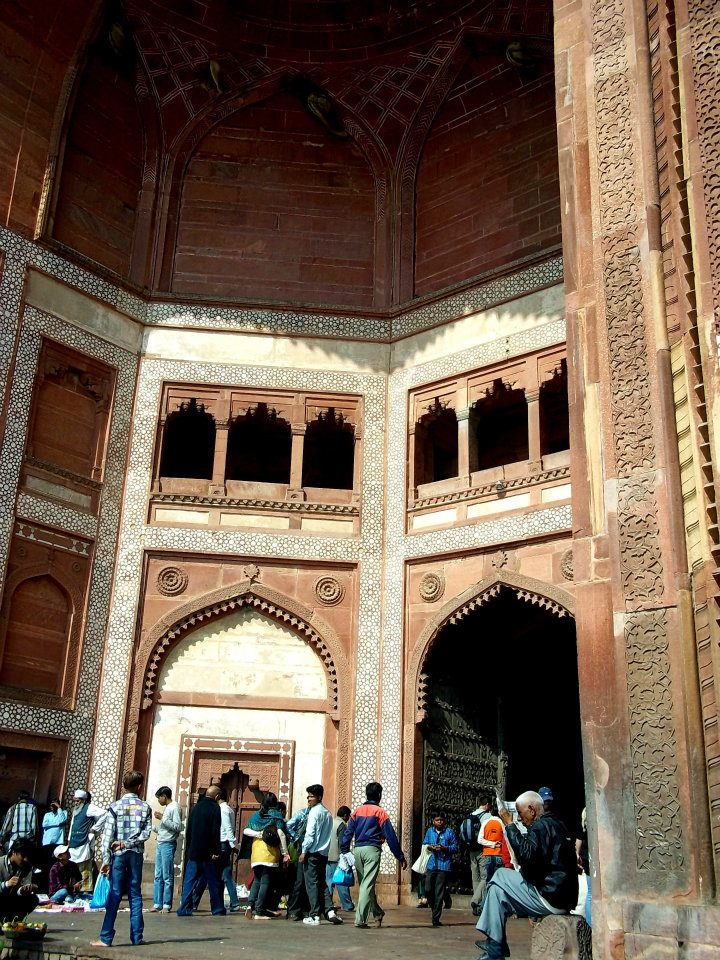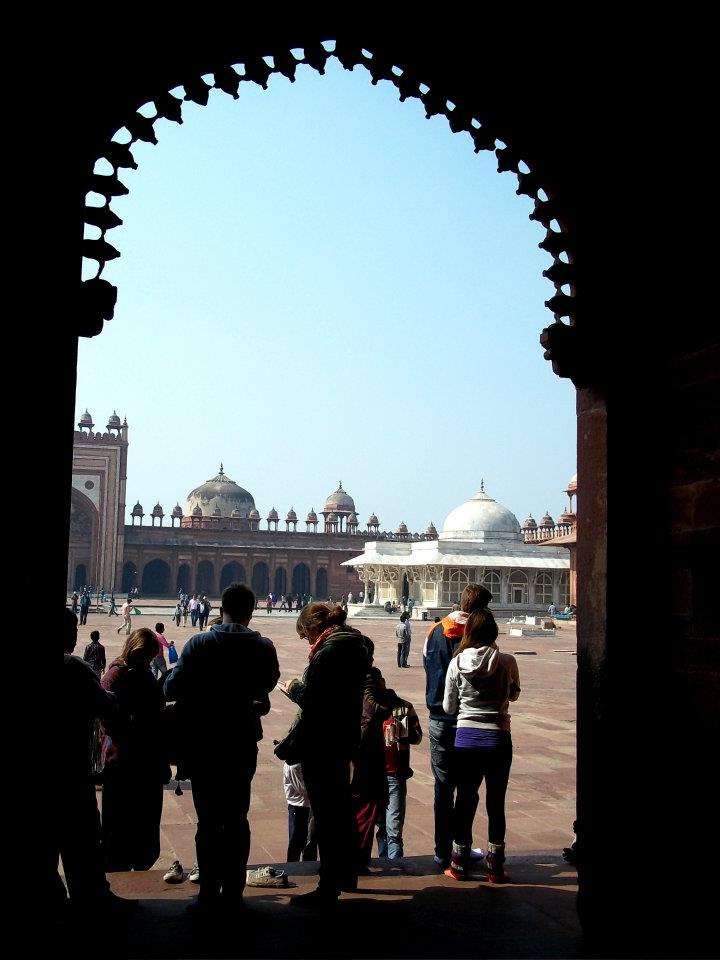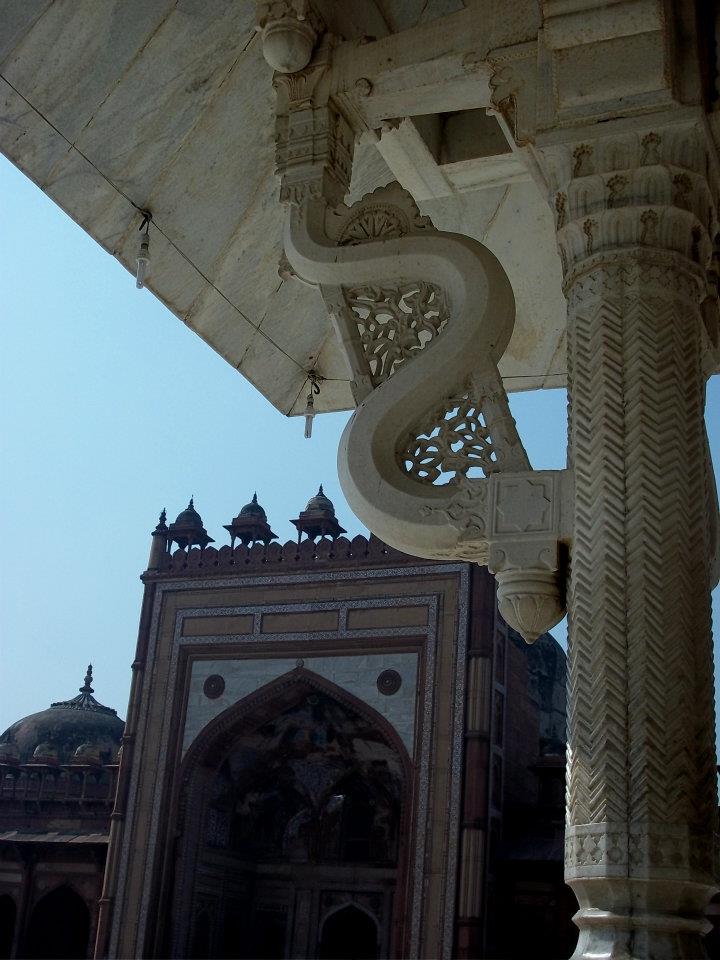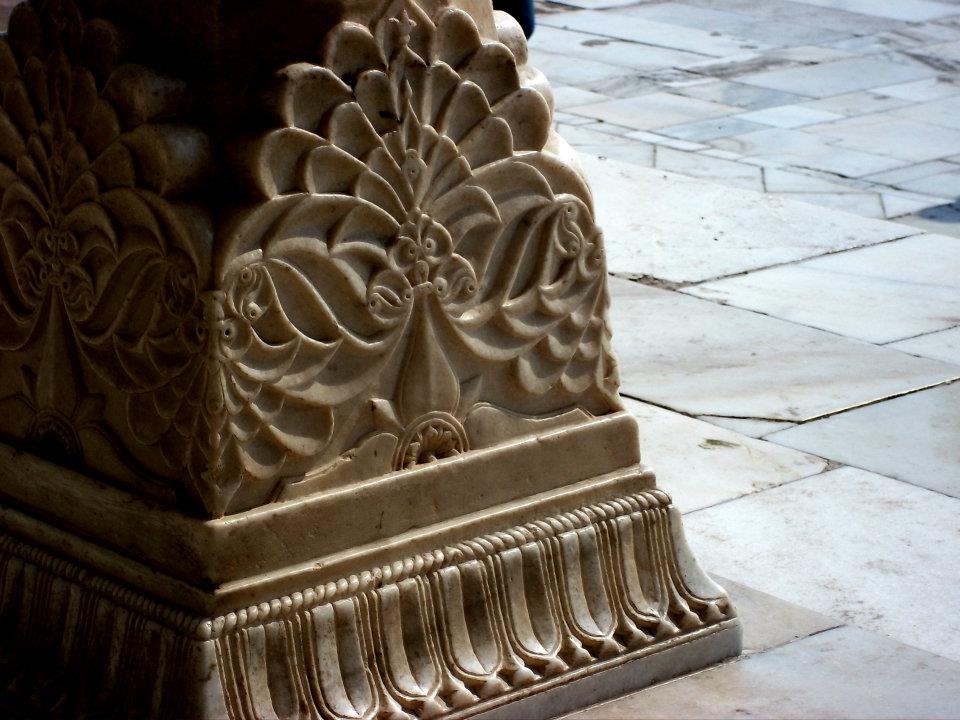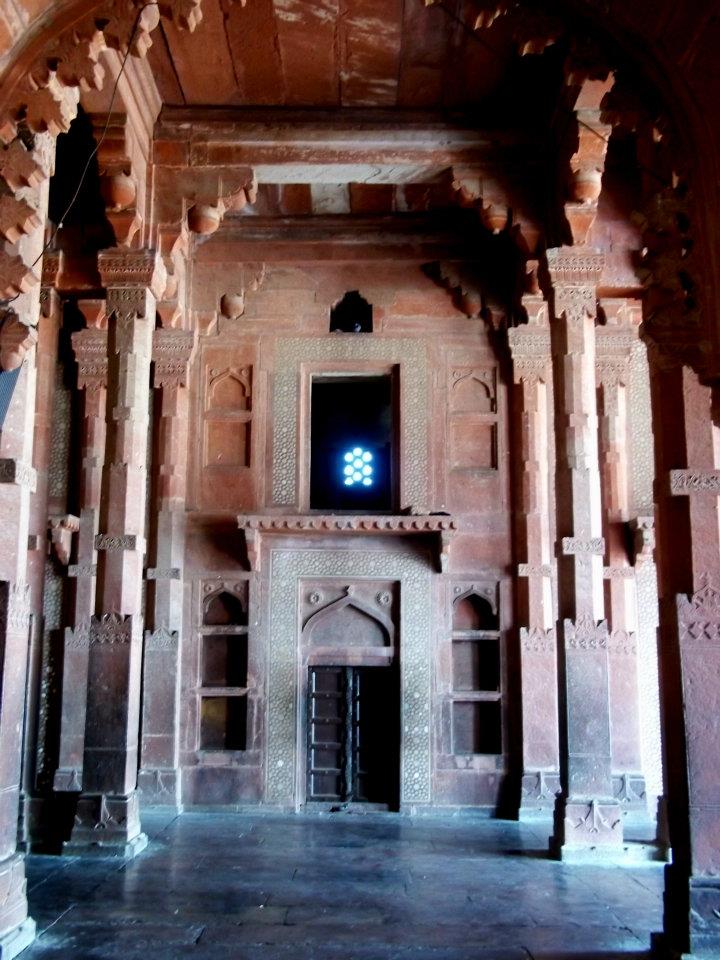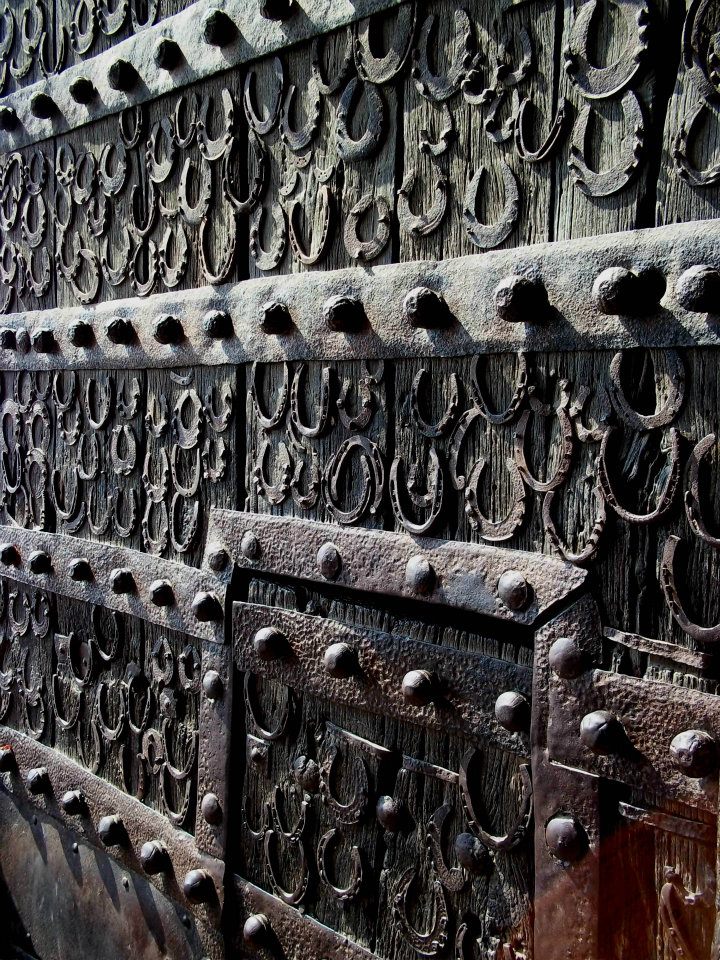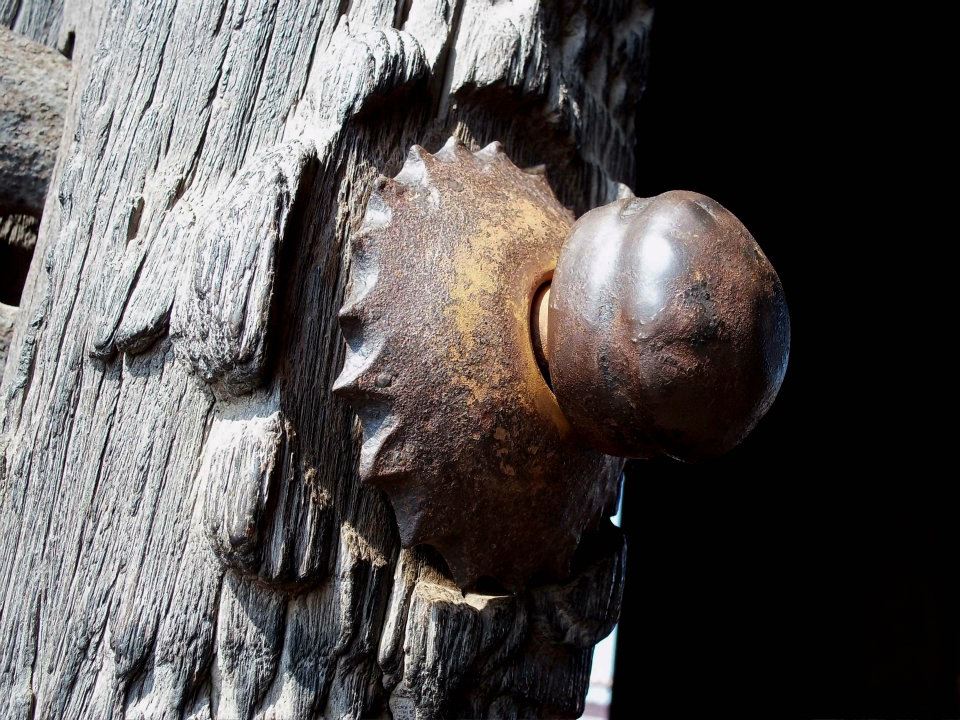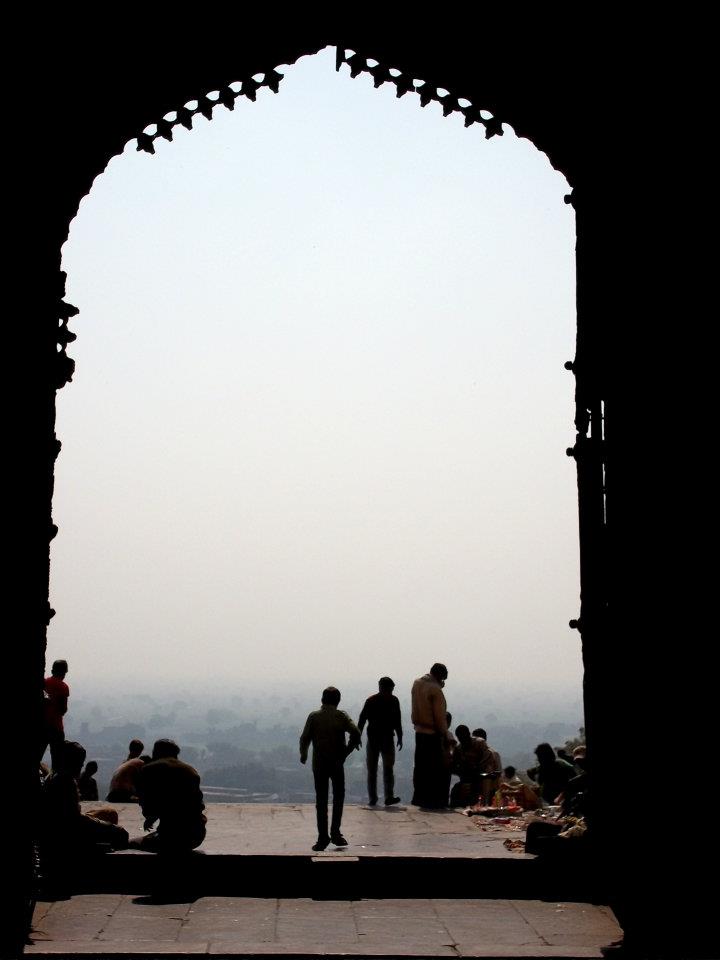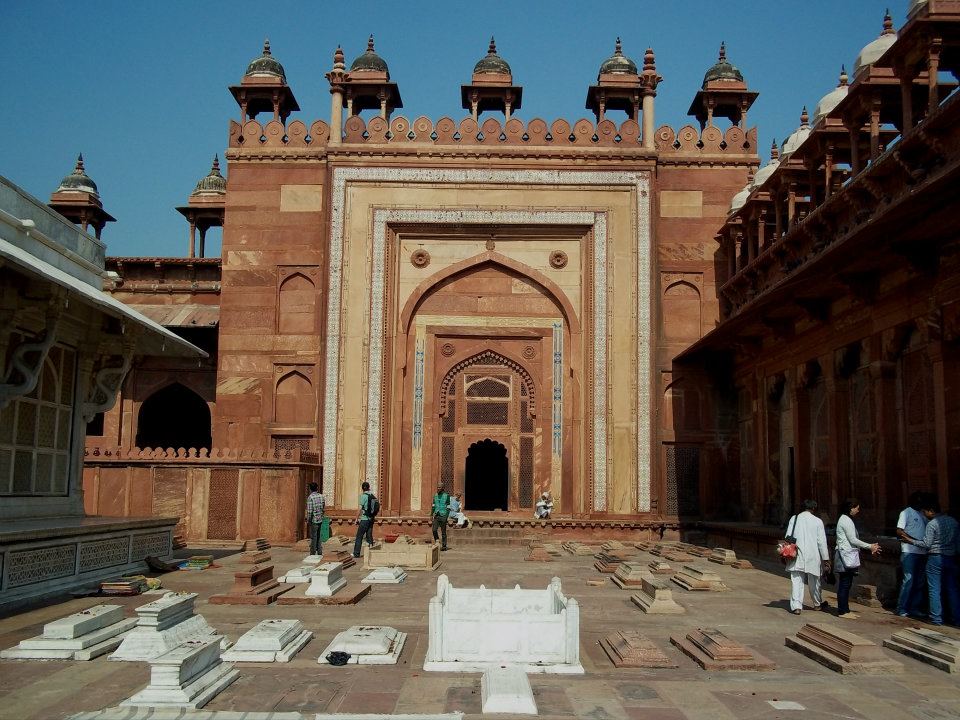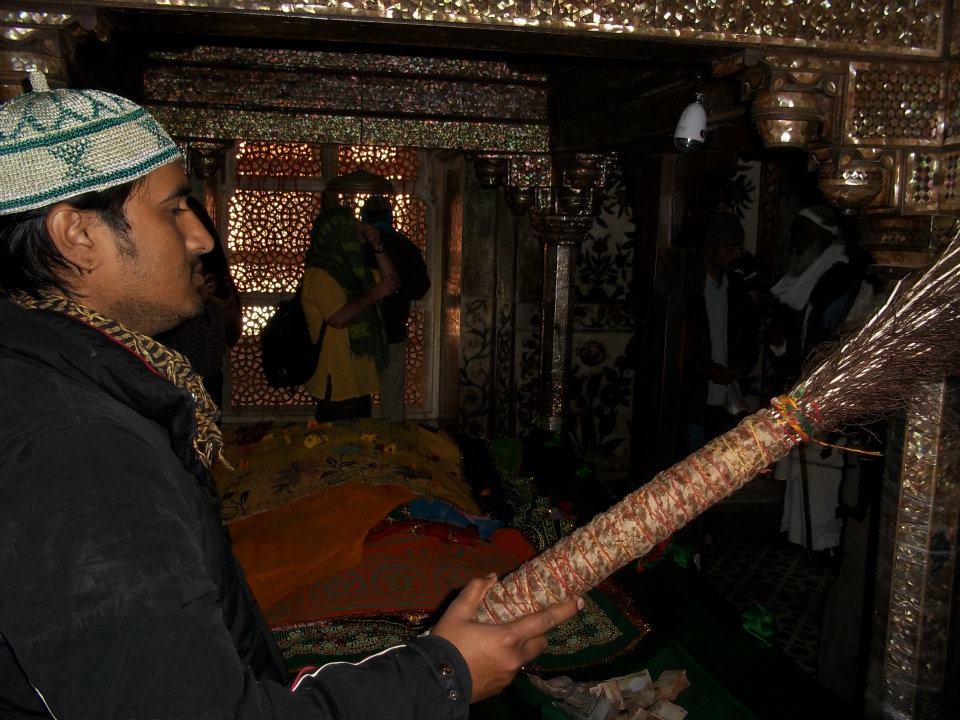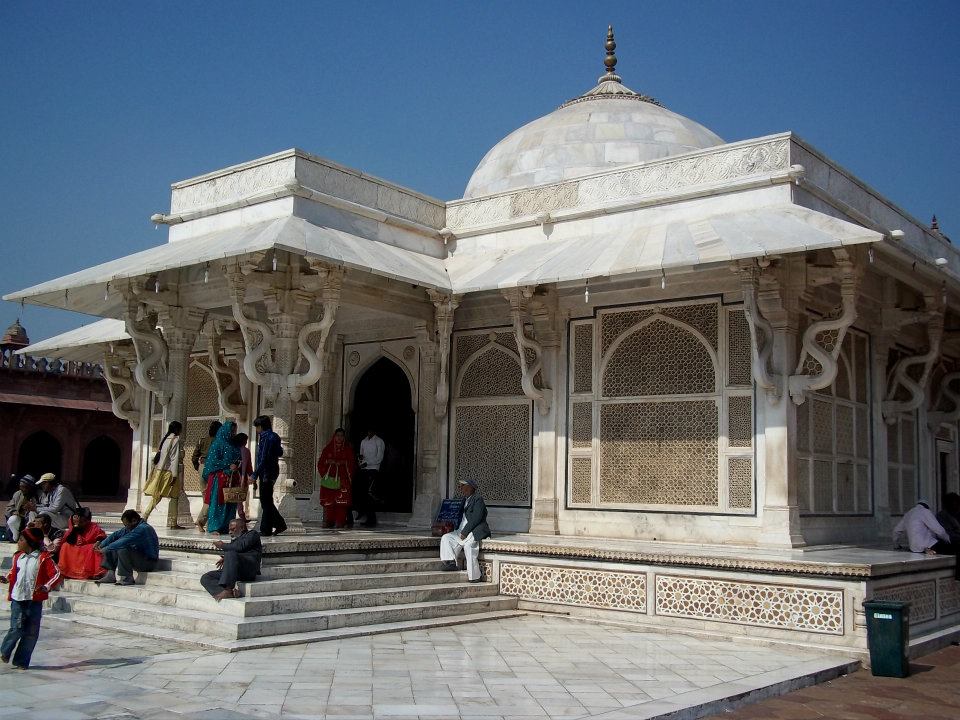Fatehpur literally means the victorious land (Fateh means victory in Urdu). Myriad historical tales and legends are attached with Fatehpur Sikri.
The royal city at Fatehpur Sikri, situated 26 miles west of Agra, Uttar Pradesh was built during the second half of the 16th century by the Emperor Akbar, Fatehpur Sikri (the City of Victory) was the capital of the Mughal Empire. The city that took 15 years to build was inhabited for just 14 years and abandoned due to scarcity of water.
The Mughal Emperor Akbar built his palace-city complex at Fatehpur Sikri on the site of Shaikh Salim’s residence in honor of the saint’s prediction of the birth of Akbar’s heir, Prince Salim, who later became the emperor Jahangir.
Fatehpur Sikri is surrounded by wall on three sides and a lake on the fourth side. The architecture of the buildings was based on Mughal and Indian architecture.
The Tomb of Salim Chishti is famed as one of the finest examples of Mughal architecture in India. Emperor Akbar built the tomb of Sufi Saint Salim Chisti in 1580-81, after the saint died in 1572. The saint Salim Chisti was a successor of Khwaja Moinuddin Chisti of Ajmer, and lived in a cavern on the ridge at Sikri.
The Buland Darwaza was built in honor of his successful campaign in Gujarat, when the city came to be known as Fatehpur Sikri – “The City of Victory”. It was named after the Sikri village which had existed on the spot before.
Best time to visit Fatehpur Sikri: October to March
If you are looking for a Private Tour of Fatehpur Sikri then contact us.
Get a Quote: Call/Whatsapp: +91 9810954649 or Fill Contact Form

